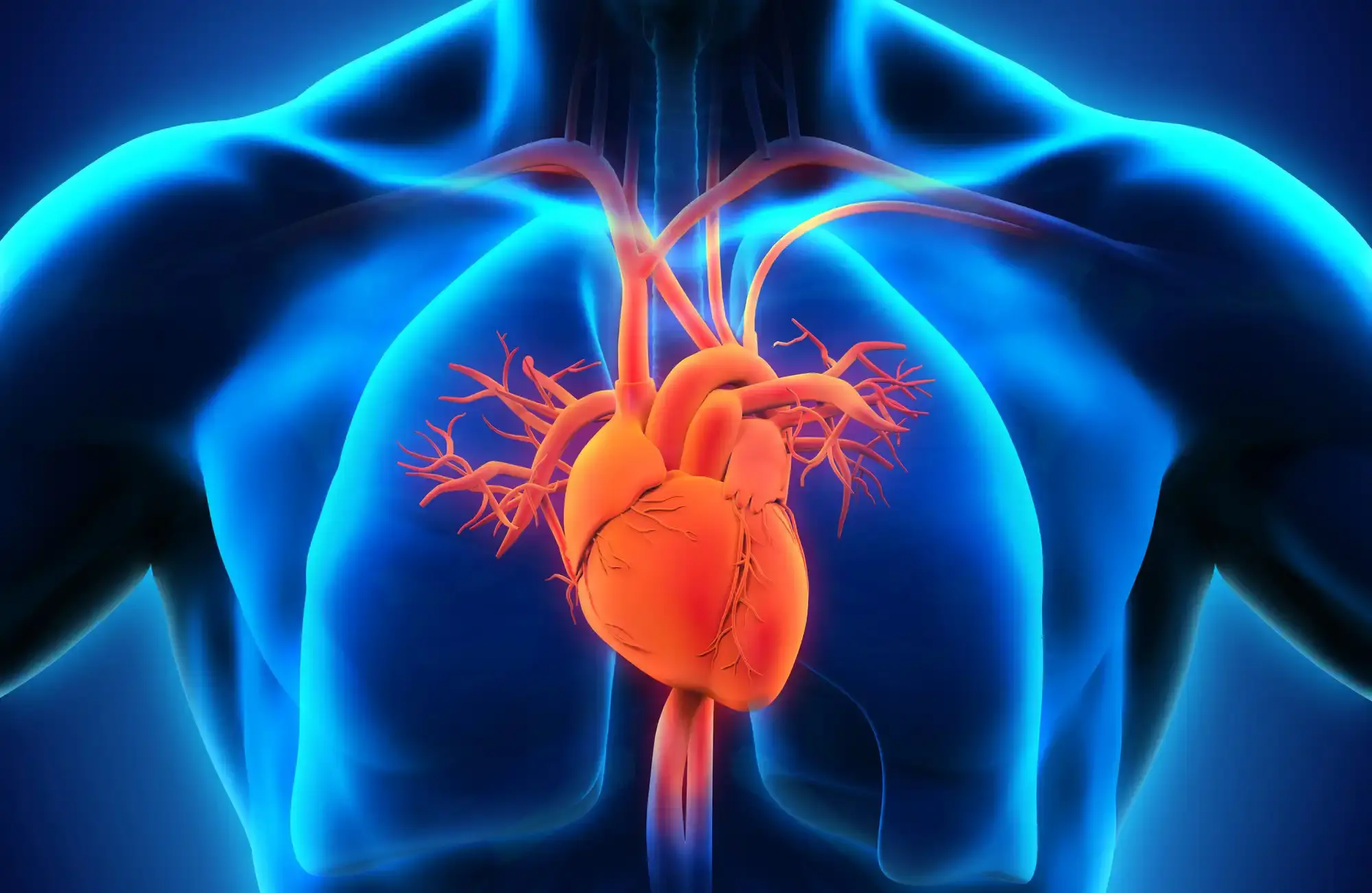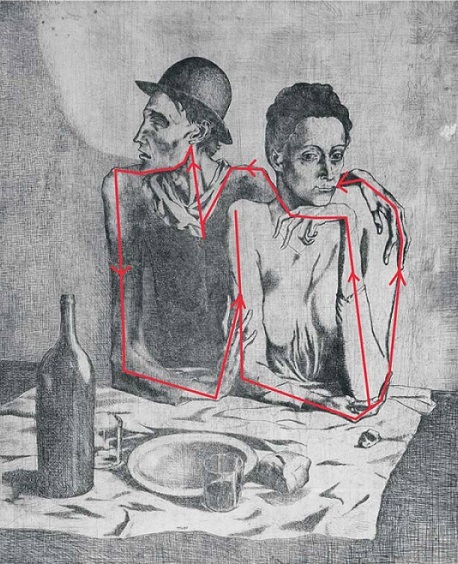New Delhi: Emerging medical insights suggest that symptoms visible in the eyes may serve as early warnings for heart-related diseases, including the risk of a heart attack. Just like other parts of the body, the heart’s condition can significantly impact eye health—particularly the retina, which relies heavily on uninterrupted blood supply.
Blurred Vision: A Warning Sign
Blurry vision could be more than just an eye issue—it may be a sign of damaged blood vessels in the eyes, often caused by high blood pressure or diabetes. Reduced oxygen supply due to compromised blood flow can blur vision. If this symptom is accompanied by chest pain, it may indicate an impending heart attack and should not be ignored.
Blood Clots in the Eye
Another red flag is the appearance of blood clots in the white part of the eyes. These clots can result from hypertension and may damage the retina, a condition known as hypertensive retinopathy. People experiencing this may also report headaches, further linking eye health with cardiovascular concerns.
Yellowing Under the Eyes
Yellowish skin under the eyes might appear harmless, but it can sometimes signal underlying heart issues. Experts advise immediate medical consultation if such discoloration is noticed, as it could be a subtle indicator of cardiac stress or an early warning of a heart attack.

Cataract and Heart Disease
People suffering from cataracts are found to be at a higher risk for heart attacks. Multiple studies have drawn a correlation between cataract formation and underlying heart disease, suggesting that cardiovascular conditions could play a role in clouding the eye’s natural lens.
Retinal Shrinkage
Heart ailments can also trigger retinal shrinkage in some individuals. This deterioration in retinal health can lead to drying and eventual vision loss, highlighting the interconnected nature of heart and eye health.
Medical experts emphasize the importance of not ignoring eye-related symptoms, as they can be a window into one’s cardiovascular condition. Timely diagnosis and intervention can make a significant difference in preventing severe outcomes like heart attacks. Regular heart checkups are advised, especially for those already suffering from diabetes, hypertension, or high cholesterol.





